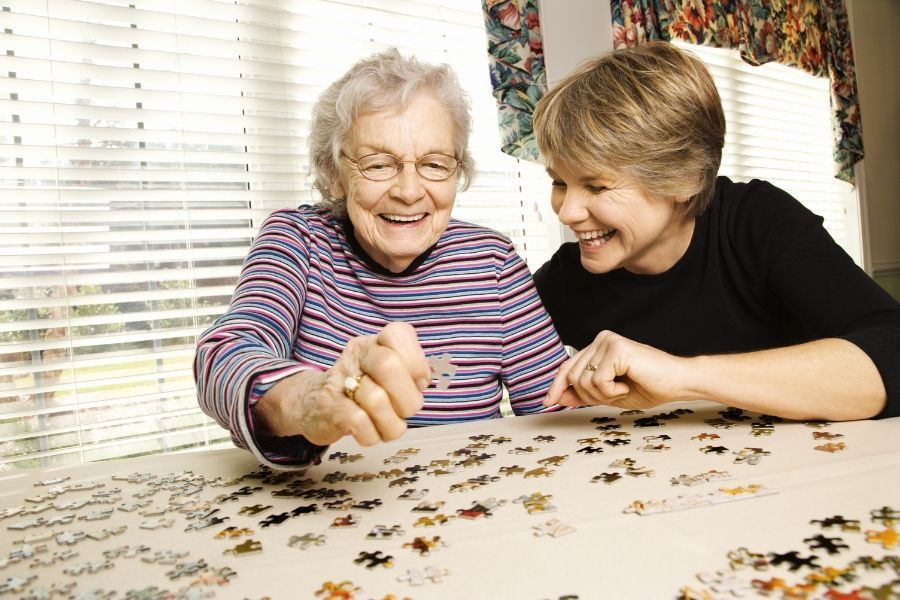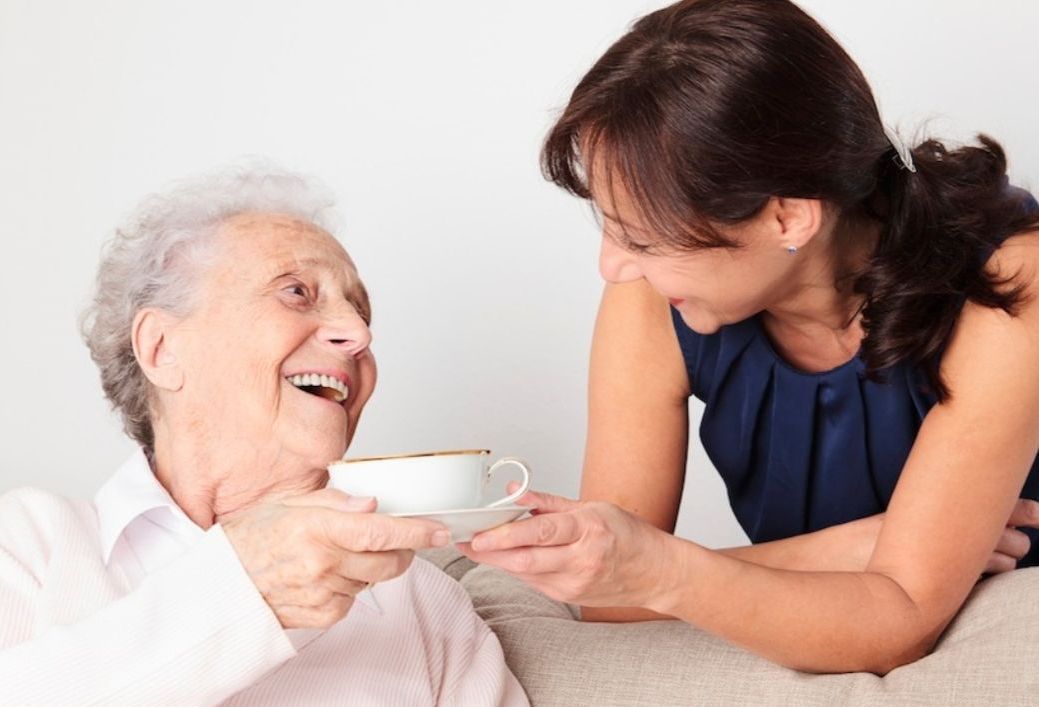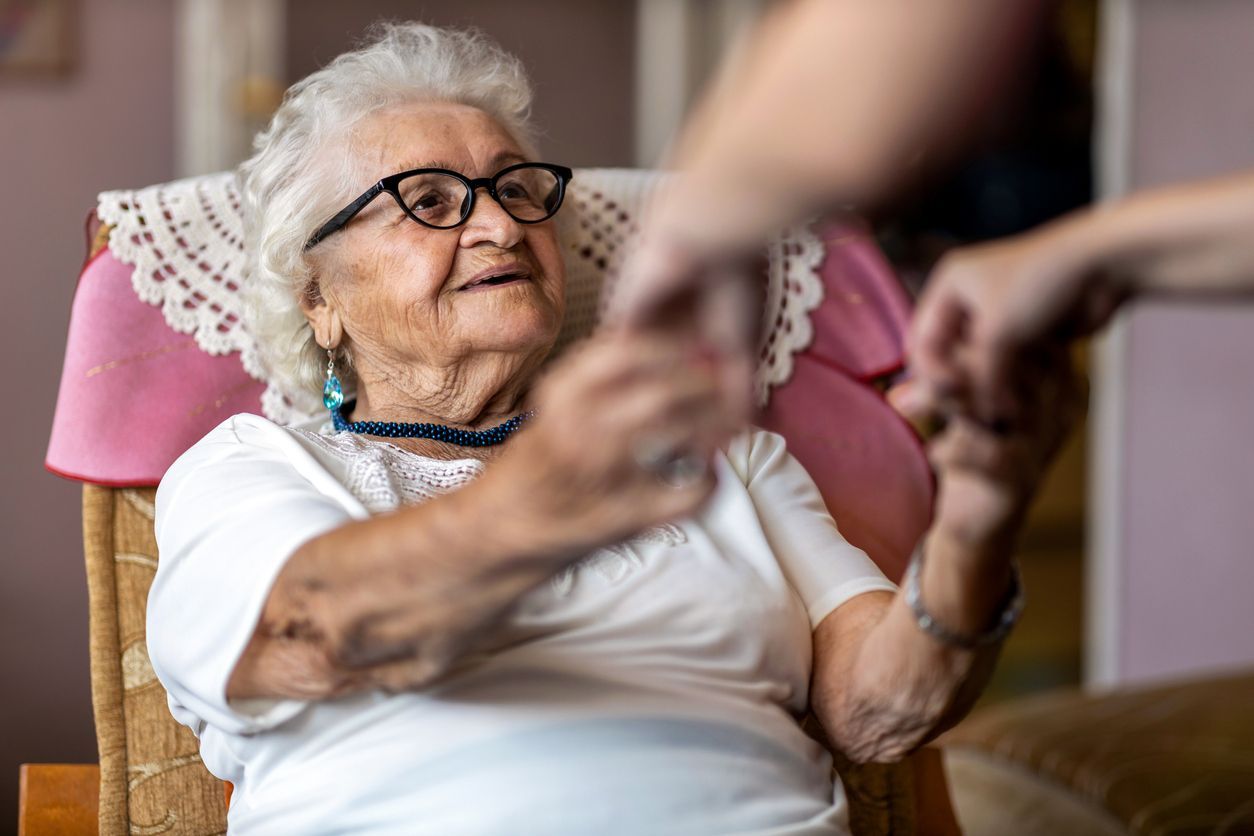Polish Caregivers
The premier home care provider specializing in elderly home care in Connecticut since 2001.
Polish Caregivers Solely Provides Non-Medical Care
Department of Consumer Protection HCA Registration #274

The Caregivers
Polish Caregivers is a family owned and operated business since 2001. Our agency is committed to providing compassionate, reliable, and affordable in-home care services for senior citizens. With a focus on personalized care and attention to detail, we strive to create a supportive and nurturing environment for our clients. Our team of dedicated caregivers is trained to meet the unique needs of each individual, ensuring the highest quality of care.
Our Services
Live-In Care
Access a complete line of medical services to maintain your health throughout pregnancy, including evaluation, diagnosis and treatment.
Button
Hourly Care
With four in-house pediatric doctors, each one a specialist in the field, we ensure that every child at the clinic gets the care they require.
Button
Check Out Our Resources!

Ensuring a Safe and Smooth Transition Back Home The period after a hospital stay is one of the most important times for seniors and those recovering from illness or surgery. Proper support during this transition can make all the difference in preventing setbacks and promoting healing. Home care plays a vital role in helping individuals recover safely and comfortably in their own homes. Why Post-Hospital Care Matters Returning home after a hospital stay can be overwhelming. There are new medications to manage, follow-up appointments to remember, and physical limitations that may not have existed before. Without the right support, this stage can increase the risk of: Falls or injuries Missed medications Readmission to the hospital Emotional stress and fatigue Having a trusted home care provider ensures that recovery continues smoothly and confidently. How Home Care Helps During Recovery Home care services can be tailored to meet individual recovery needs, including: 1. Medication Reminders and Management: Caregivers help clients stay on track with prescribed treatments and medication schedules. 2. Mobility and Safety Support: Assistance with walking, transfers, and daily activities reduces the risk of falls and promotes strength. 3. Meal Preparation and Nutrition: Nutritious meals help the body heal faster and maintain energy during recovery. 4. Transportation Assistance: Home care can ensure clients get to follow-up doctor visits and therapy sessions on time. 5. Emotional Support and Companionship: Healing isn’t just physical, caregivers offer encouragement and companionship to help maintain a positive outlook. The Goal: Healing at Home, with Confidence By providing personalized care and consistent support, home care helps clients regain independence and avoid hospital readmission. Families gain peace of mind knowing their loved one is in good hands, receiving attentive, compassionate care every day. With the right home care plan, recovery doesn’t have to feel overwhelming, it can be a smooth, supported journey back to comfort and health at home.

How Home Care Supports Meaningful Daily Living Staying active and engaged is essential for seniors’ overall well-being — not just physically, but mentally and emotionally, too. Creative at-home activities can bring joy, purpose, and connection to everyday life, helping seniors feel more fulfilled while aging comfortably at home. The Importance of Staying Engaged When seniors participate in enjoyable, stimulating activities, it can: Boost mood and reduce feelings of loneliness Improve memory and cognitive function Encourage gentle physical movement Strengthen emotional well-being and self-esteem Engagement goes beyond entertainment — it’s about maintaining a sense of identity and independence. Creative Activities to Try at Home 1. Arts and Crafts: Painting, scrapbooking, or even simple coloring can be relaxing and rewarding. 2. Music and Memories: Listening to favorite songs or creating playlists can spark joy and meaningful conversation. 3. Gardening Indoors or Outdoors: Caring for plants helps promote movement and a sense of accomplishment. 4. Cooking Together: Preparing a meal or baking a family recipe keeps the mind active and the heart full. 5. Puzzles and Games: Crossword puzzles, word searches, and card games can help keep the brain sharp. How Home Care Can Help Home care providers play an important role in keeping seniors engaged. Caregivers can organize and participate in activities, encourage creativity, and tailor each experience to your loved one’s interests and abilities. They also provide companionship — making each activity more meaningful and enjoyable. With the right mix of creativity, compassion, and support, seniors can stay active, connected, and happy in the comfort of their own home.

How Home Care Providers Ensure Your Loved Ones Get the Care They Need A home care plan is not a one-size-fits-all solution. As your loved one’s needs change over time, their care plan should evolve too. Reassessing and adjusting a home care plan ensures that the support provided continues to meet their physical, emotional, and social needs. Signs It’s Time to Reassess 1. Changes in Health If your loved one experiences a new diagnosis, worsening condition, or recovery from surgery, it may be time to update their care plan. 2. Shift in Daily Needs Increased difficulty with mobility, hygiene, or meal preparation signals that additional support might be necessary. 3. Behavioral or Cognitive Changes Confusion, memory loss, or mood swings can indicate a need for more specialized care. 4. Feedback from Caregivers Home care providers often notice changes in daily routines or needs before family members do. Their observations are invaluable in planning adjustments. How Adjustments Improve Care Regularly updating a home care plan allows caregivers to provide the right level of support without overwhelming your loved one. It can involve: Increasing or decreasing hours of care Adding specialized services like physical therapy or medication management Adjusting routines to better fit your loved one’s lifestyle Making Reassessment a Routine It’s helpful to schedule formal care plan reviews every few months or whenever significant changes occur. Open communication between family members, medical professionals, and home care providers ensures that adjustments are timely and effective. By reassessing and adjusting a home care plan, families can feel confident that their loved ones are receiving personalized, high-quality care every step of the way.



